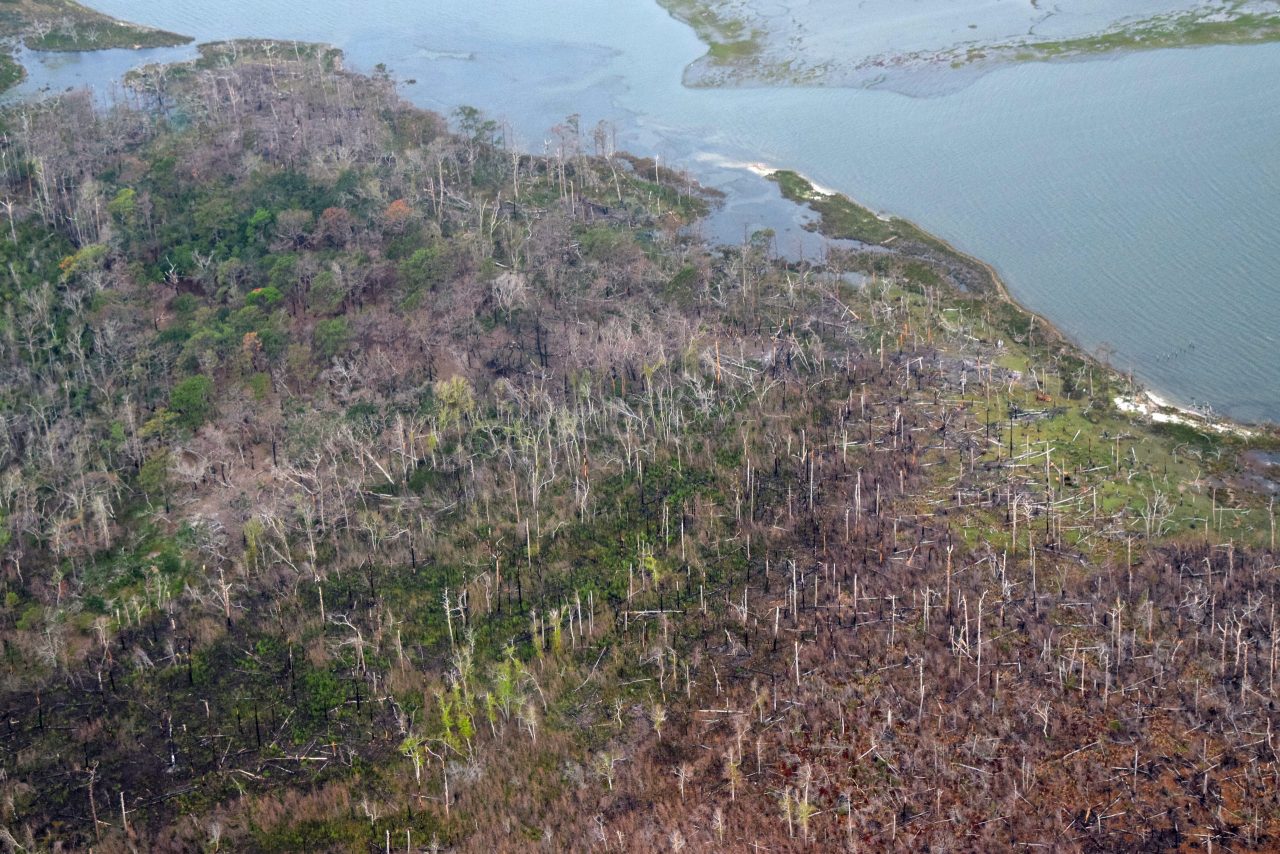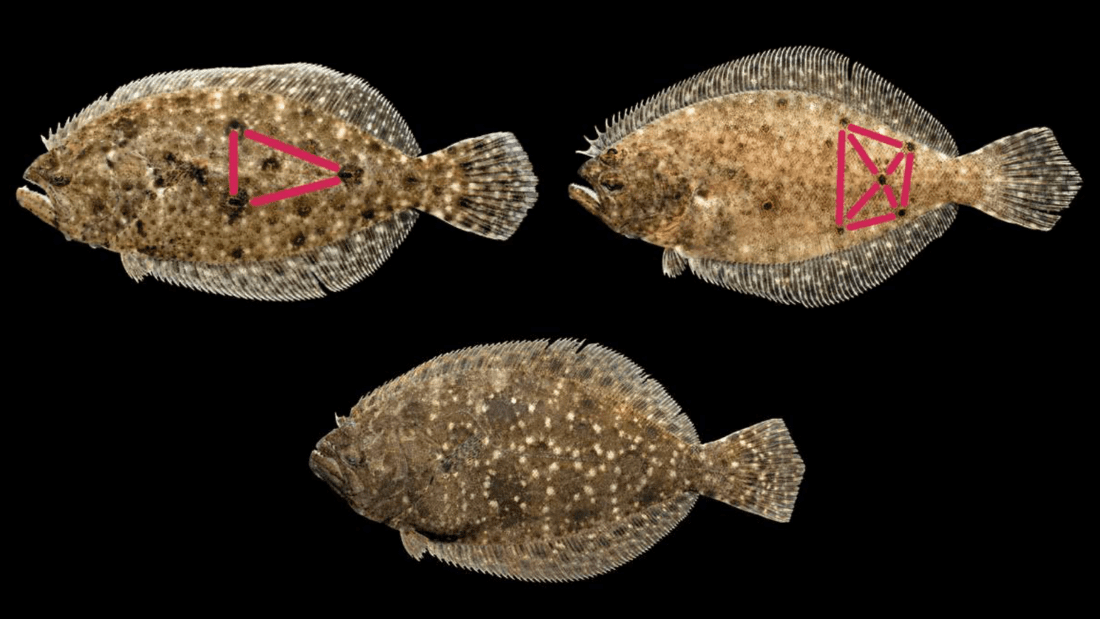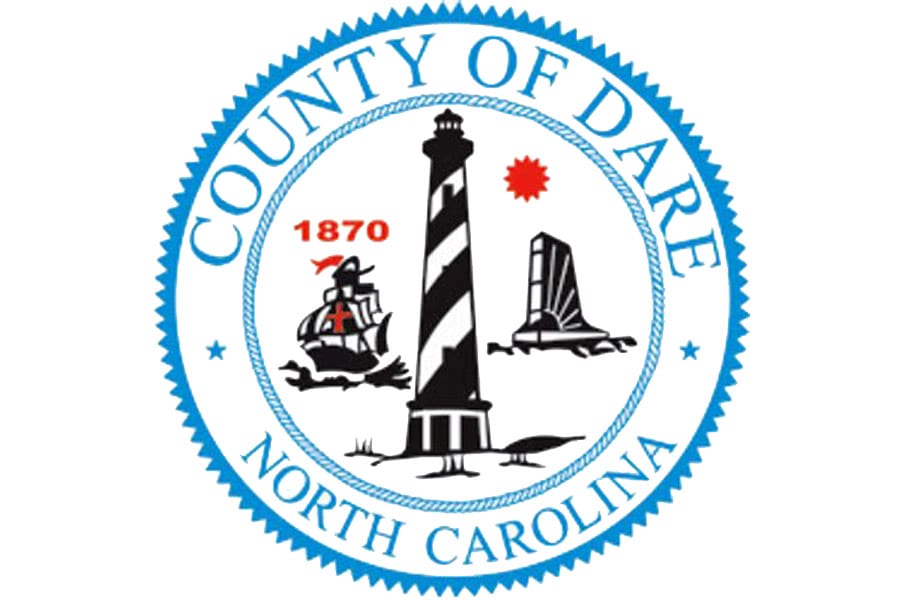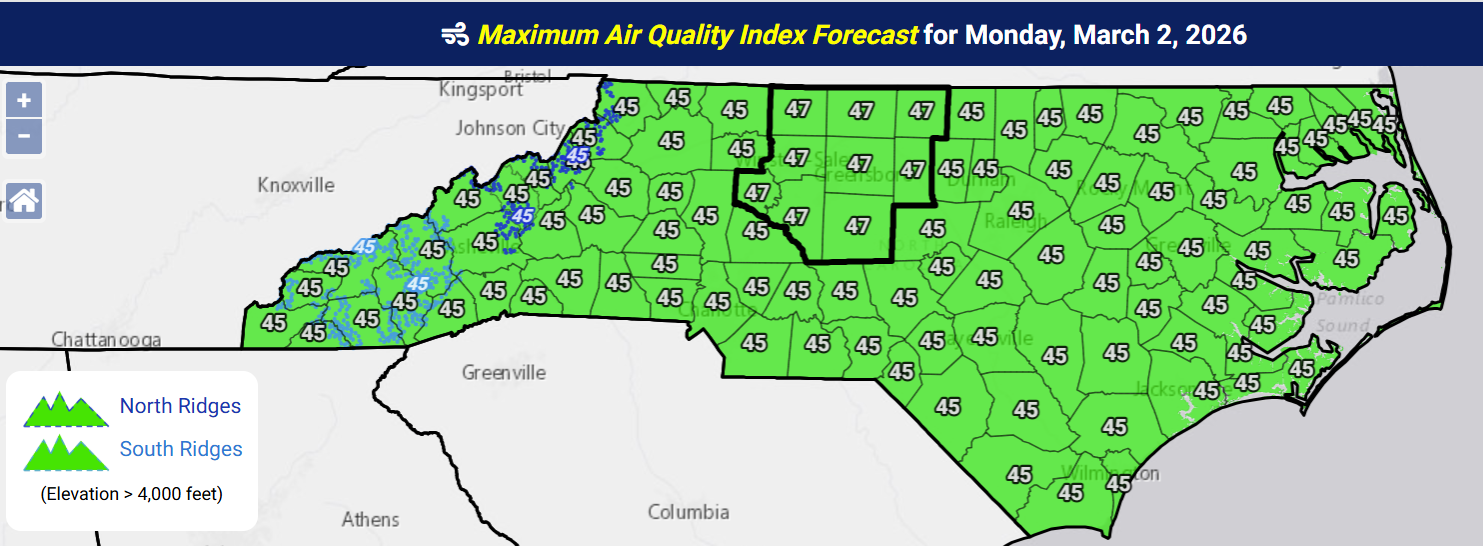
Full-time graduate students attending colleges and universities in the state have until Aug. 11 to apply for funding to support ghost forest research.
North Carolina Sea Grant and North Carolina Space Grant are offering the joint funding opportunity of $10,000. For details on the required proposal elements and submission process, visit go.ncsu.edu/ghost-forest-research.
Supporter Spotlight
North Carolina Sea Grant Deputy Director John Fear said that regional research on ghost forests, including a variety of remote sensing tools and mapping technology, is especially timely because the state is vulnerable to the impacts of sea level rise.
“One of these impacts is conversion of coastal forests to wetlands and eventually open water,” Fear said in a statement. “This process proceeds through a ‘ghost forest’ stage. Tracking the loss of forests and its effects is a sentinel tool in understanding and responding to how our coastal habitats are changing.”
Graduate students encouraged to apply are those attending historically black colleges and universities, and minority serving institutions; from traditionally underserved and underrepresented communities; and who can demonstrate how their work and related outreach will benefit underserved and underrepresented communities, coordinators said.
Jobi Cook, associate director of North Carolina Space Grant, explained that ghost forest research will highlight tools from National Aeronautics and Space Administration, or NASA, and National Oceanic and Atmospheric Administration, or NOAA, and provide opportunities for regional collaboration.
“Our programs have partnered with our sister organizations in Louisiana to jointly promote this opportunity,” Cook said in a statement. “Louisiana Sea Grant and Space Grant will fund a student to study the ghost forest phenomenon in their state. Their student and ours will collaborate, consider broader implications for their work, and have access to unique professional development opportunities.”







